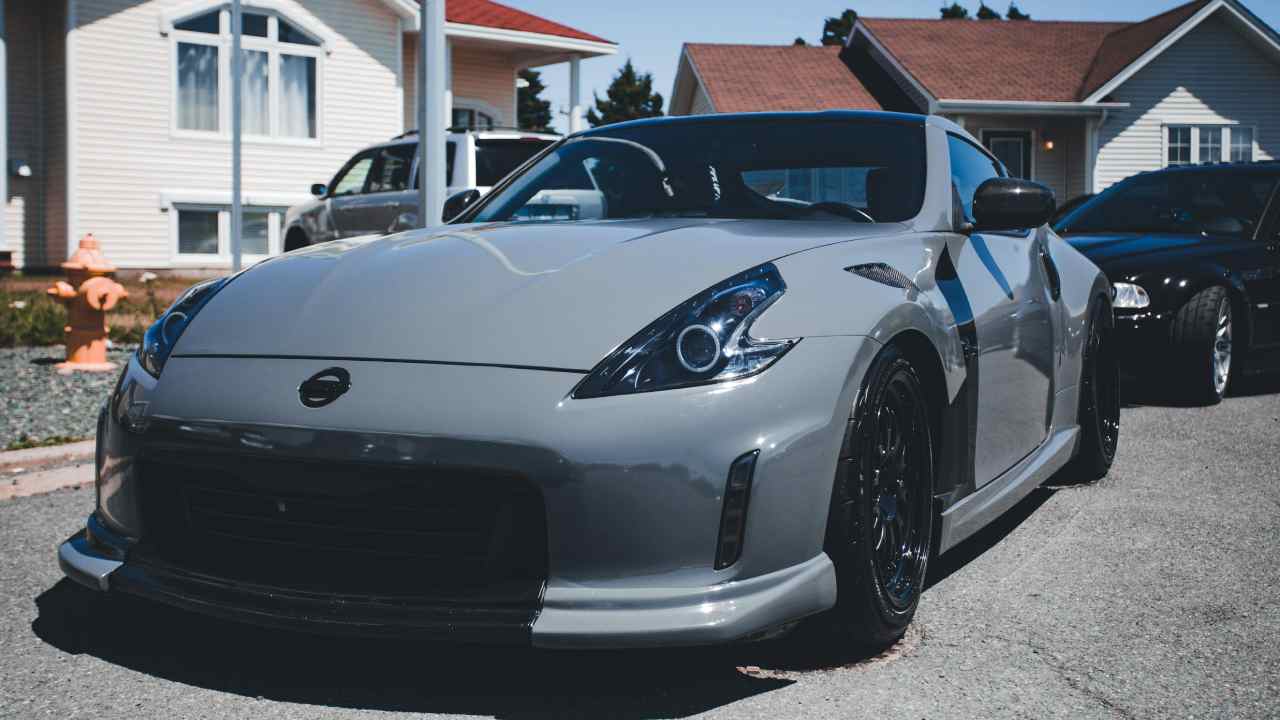BMW vs. Mercedes-Benz: A Detailed Comparison of Luxury and Performance
When it comes to luxury vehicles, two names stand out above the rest—BMW and Mercedes-Benz. These German automakers have long been synonymous with high-end engineering, eye-catching designs, and automotive excellence. But which brand is the best choice for you? Whether you’re drawn to the sporty edge of a BMW or the unmatched luxury of a Mercedes-Benz, this guide will break down the differences to help you make an informed decision.
A Brief Look at Two Legendary Brands
The BMW Legacy
BMW, short for Bayerische Motoren Werke, has a well-earned reputation as the “Ultimate Driving Machine.” Known for blending sporty performance with agile handling, BMW appeals to those who thrive on the thrill of the road. With its roots in aviation engines from the early 1900s, BMW transitioned into automobiles and redefined driving pleasure through its focus on dynamics, power, and precision-engineered performance.
The Spotlight on Mercedes-Benz
Mercedes-Benz, on the other hand, is synonymous with luxury, comfort, and cutting-edge innovation. Founded in 1926, Mercedes laid the groundwork for modern automobiles and continues to lead with its wealth of firsts—from airbags to advanced safety systems. With its iconic tagline, “The Best or Nothing,” Mercedes has positioned itself as a symbol of bespoke luxury that prioritizes comfort and elegance without skimping on performance.
Performance Comparison
Engine Technology
BMW engines are celebrated for their thrilling performance and innovative engineering. Take, for example, the BMW M3, which boasts a twin-turbocharged inline-six engine that can deliver up to 503 horsepower. BMW focuses on offering rear-wheel-drive configurations for an exhilarating driving experience, with all-wheel drive as an option for added versatility.
Mercedes-Benz engines, while equally powerful, often prioritize smoothness and refinement. The AMG lineup, such as the Mercedes-AMG C63 S, delivers roaring V8 engines capable of up to 503 horsepower, matching BMW’s capabilities. However, Mercedes vehicles lean toward seamless power delivery, excelling in long-distance comfort. Their inclusion of hybrid powertrain options speaks to a focus on sustainability alongside performance.
Handling and Ride Quality
For enthusiasts craving sporty, agile handling, BMW makes a strong case. Its sharp steering, balanced weight distribution, and precision handling make models like the BMW 3 Series a favorite on winding roads.
Mercedes-Benz, in contrast, delivers a plush ride without compromising refinement. Its advanced suspension systems, like AirMatic, glide over potholes and imperfections, offering supreme ride quality. Where BMW leans into sportiness, Mercedes balances comfort and quiet sophistication.
Interior and Technology
Interior Design and Comfort
When you step inside a BMW, you’ll notice a driver-focused layout that prioritizes ergonomics and functionality. Common interior features include premium leather seating, minimalist design, and a slightly sportier ambiance. While these interiors excel in practicality, they may not rival the opulence of a Mercedes-Benz cabin.
Speaking of which, Mercedes-Benz interiors set the standard for luxury. Features like ambient multi-color lighting, exquisite wood trim, and plush seating make every drive feel like a first-class experience. The S-Class, Mercedes-Benz’s flagship sedan, is often considered the pinnacle of automotive luxury.
Technology and Features
BMW’s iDrive infotainment system is intuitive and responsive, offering seamless connectivity through Apple CarPlay, Android Auto, and gesture controls. Additionally, BMW includes advanced driver-assistance features and systems in most models, such as adaptive cruise control and lane-keeping assist.
Mercedes-Benz shines in the tech department as well, with its MBUX (Mercedes-Benz User Experience) interface stealing the spotlight. MBUX features cutting-edge voice recognition, augmented reality navigation, and dual-screen dashboards that look like something out of a sci-fi movie. Drivers seeking seamless luxury tech will be hard-pressed to beat Mercedes in this area.
Reliability and Maintenance
Reliability Ratings
BMW has improved its reliability ratings over the years, but its high-performance components typically require more frequent attention. J.D. Power and Consumer Reports often rank BMW models slightly lower in reliability compared to rivals, though quality varies by model.
Mercedes-Benz, while generally dependable, faces similar challenges. High-end models with advanced technology can experience maintenance quirks. However, Mercedes does receive consistently high marks for durability in its luxury lineup.
Maintenance Costs
Luxury doesn’t come cheap, and both brands require higher-than-average upkeep compared to mainstream counterparts. Routine maintenance, such as oil changes, brake service, and tire replacements, tends to cost more for BMW than Mercedes-Benz. That said, Mercedes vehicles include advanced systems like AirMatic suspensions, which may increase costs when repairs are needed.
Pricing and Models
Base Prices
BMW’s entry-level offerings, such as the BMW 2 Series Gran Coupe, start at a slightly lower price point compared to Mercedes-Benz’s A-Class sedan. However, higher-end BMW models like the M8 Convertible veer into ultra-luxury price brackets, rivaling Mercedes’ upper-tier lineup.
Mercedes-Benz lives up to its luxurious reputation, generally commanding a premium at all levels. For instance, the Mercedes-Maybach S-Class features bespoke luxury, beginning at over $185,000, making it one of the most exclusive vehicles on the market today.
Model Lineup
Both automakers offer extensive model lineups to cater to a wide range of buyers.
- BMW Highlights:
- BMW X5 (Sports Activity Vehicle)
- BMW 3 Series (Compact Luxury Sedan)
- BMW M5 (Performance Sedan)
- Mercedes-Benz Highlights:
- Mercedes-Benz GLE (Luxury SUV)
- Mercedes-Benz E-Class (Midsize Sedan)
- Mercedes-AMG GT (Performance Coupe)
BMW skews sportier, while Mercedes leans heavily toward luxury, giving buyers distinctive options depending on whether they prioritize driving dynamics or interior grandeur.
What Should You Choose?
The choice between BMW and Mercedes-Benz ultimately depends on your personal preferences. If you place a premium on exhilarating performance, sporty styling, and dynamic handling, BMW will likely align with your tastes. On the other hand, if luxury, comfort, and advanced technology are at the top of your list, Mercedes-Benz remains the undisputed leader.
Both automakers deliver unmatched quality and prestige, so there’s truly no wrong choice. Visit your local dealerships for a test drive and see which brand resonates with you on the road.

